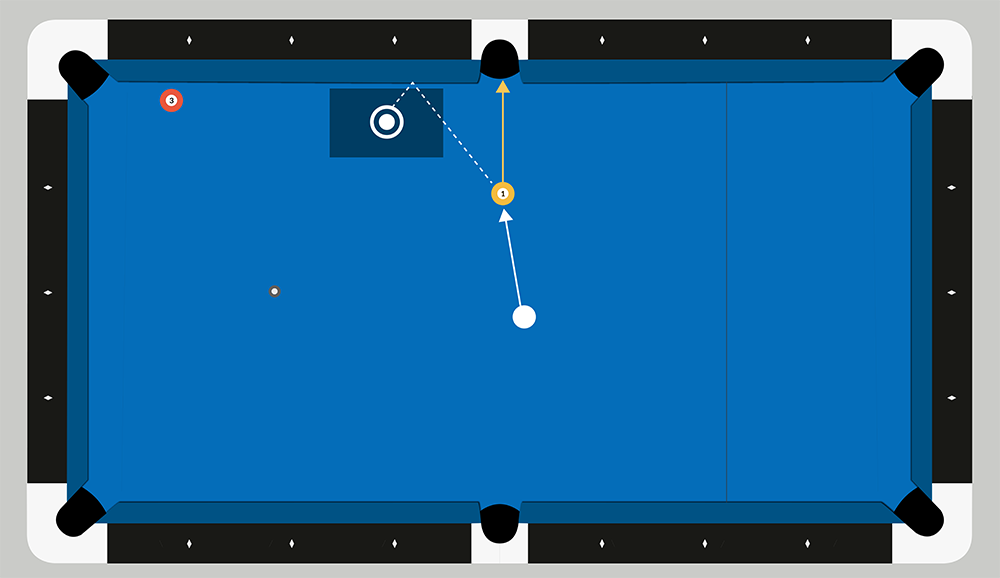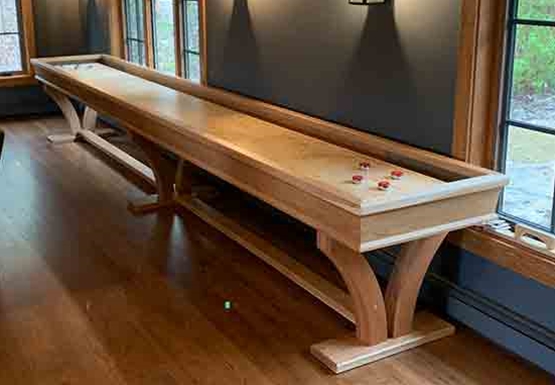
Consider the material of your cue tip when selecting one. The material is either soft, medium, or hard. It can also have an impact on the cue's feel, making a firmer shot feel better. It also has an effect on the squirt as well as the sideways tip flex. The shaft flexibility and endmass flex decrease when the tip feels soft.
Hard
Professional and high-level players prefer a hard cue tip. It requires less maintenance and keeps its shape longer than a soft one. It doesn't absorb the energy of the cue ball as well as a hard tip.
Soft
A soft tip can be extremely useful for players who need a more flexible cueball. These tips are generally made of leather, and are available in a variety hardness levels. They can be made from single-piece or laminated leather. Other popular materials include bakelite and phenolic.

Medium
The Kamui range of Cue Tips are made of premium pigskin and feature a ten-layer construction. This ensures maximum humidity and porosity resistance. They also have excellent chalk retention to improve tip-grip and prevent miscuing. These tips last for many years and come in packs of ten.
Phenolic
Your pool cue's phenolic tip can increase your break shot's power by up to 17%. This material offers a smoother contact surface that is also more responsive under pressure. These properties make the phenolic tip an attractive option for players looking to increase their power.
Leather
A leather cue tip is one of the most popular types of tip available. Leather tips are more durable than synthetic ones made of cork or plastic. Leather tips are preferable, but synthetic ones might be better for home usage.
Splice
If you're looking to buy a new poolcue, there are many options. Some people prefer to hand splice their tips. This method can be more time-consuming and expensive. If you want to play with a top-notch cue, you can buy one with a hand splice.

Size
One rule of thumb is to make your cue tip the same diameter as the shaft. This will allow you more control over the ball and reduce vibration. A smaller tip will also produce less squirt when you hit the ball, which will help you get a better feel for your shots.
Materials
It is important to consider both the angle and spin of the ball when choosing materials for a cue tips. A slightly rounded tip allows the player to impart spin to the ball. A rounded tip will be rounder in shape than a dime. A rounded tip is typically thicker than that of a nickel.